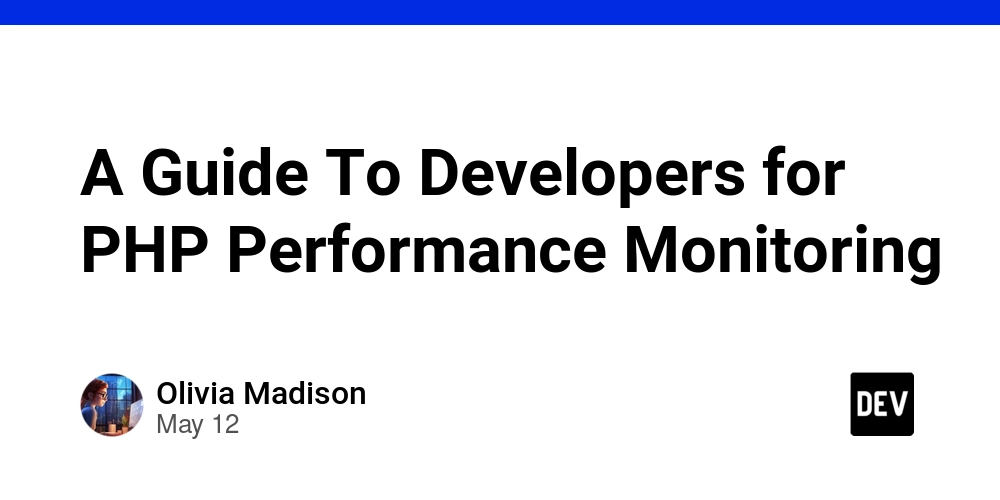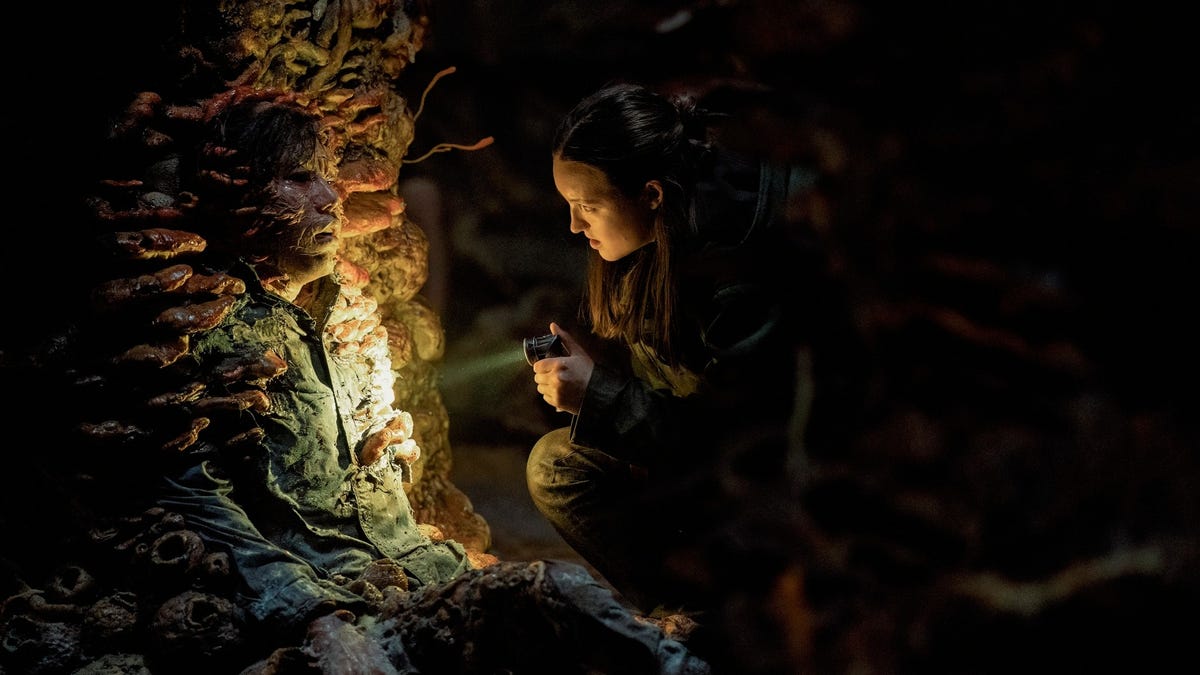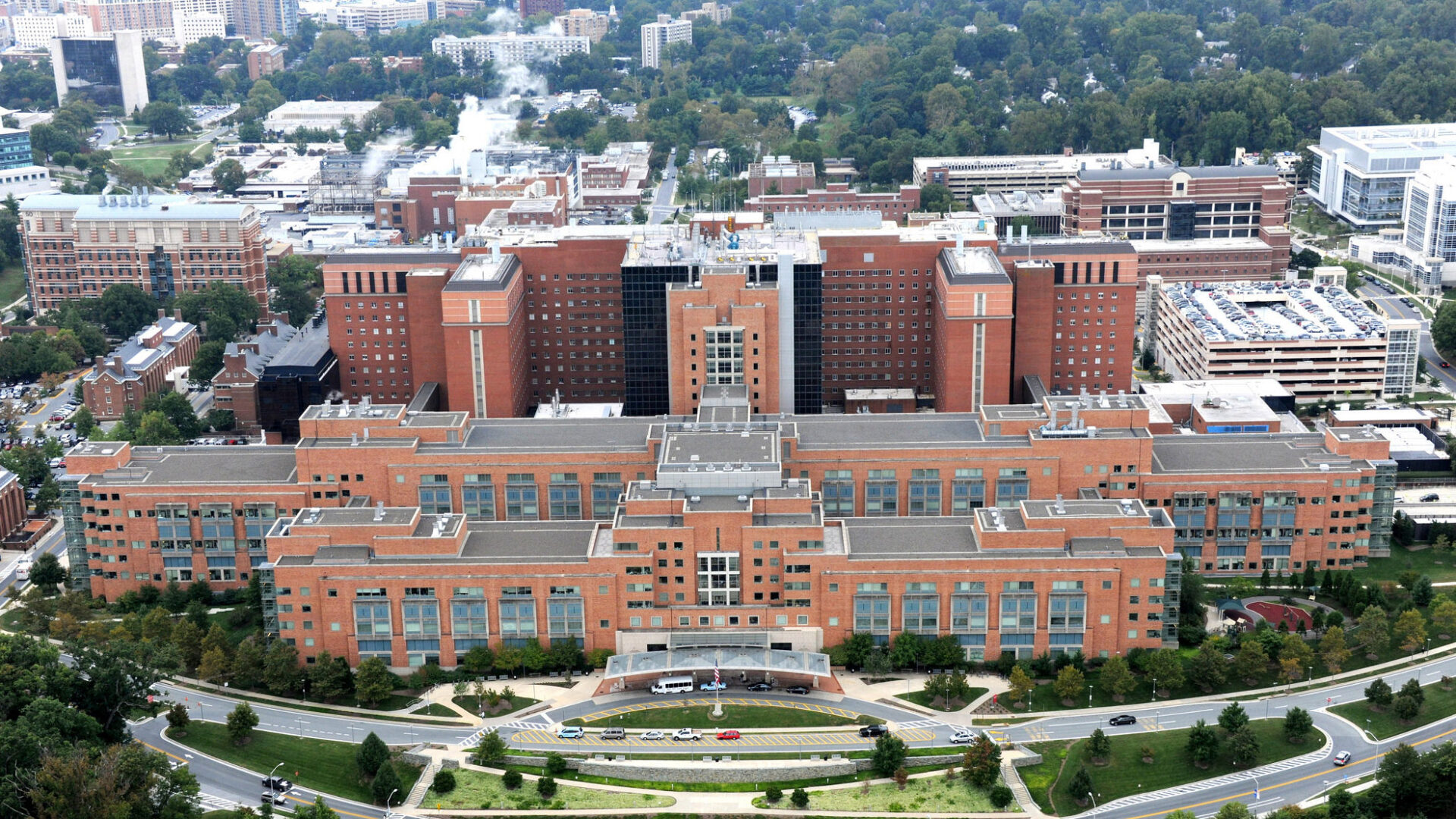OPINION: ‘Social justice’ education has been harming the children it needs to help, but cutting off funds to schools is not the answer
President Trump’s sweeping dictate to end what he terms “unlawful DEI practices” is meeting fierce resistance. The National Education Association, the American Federation of Teachers and the ACLU all filed suit in opposition. And last month, three federal judges — two appointed by Trump — ruled against the administration. One of the justices noted that […] The post OPINION: ‘Social justice’ education has been harming the children it needs to help, but cutting off funds to schools is not the answer appeared first on The Hechinger Report.


President Trump’s sweeping dictate to end what he terms “unlawful DEI practices” is meeting fierce resistance. The National Education Association, the American Federation of Teachers and the ACLU all filed suit in opposition.
And last month, three federal judges — two appointed by Trump — ruled against the administration. One of the justices noted that the “government cannot proclaim entire categories of classroom content discriminatory to side-step the bounds of its statutory authority.”
I believe that the harm some diversity, equity and inclusion initiatives are doing to children — especially Black and Latino students from low-income families — is increasingly evident. While certain DEI initiatives are salutary, others exacerbate noxious stereotypes and braid political teachings into daily lessons.
But President Trump’s vague and illiberal prohibitions are not the answer. Threatening to cut off federal funding to schools that educate our neediest children for their failure to comply with those prohibitions is unconscionable.
Related: A lot goes on in classrooms from kindergarten to high school. Keep up with our free weekly newsletter on K-12 education.
In my new book, I chronicle how, after declaring themselves “anti-racist,” some urban charter schools that had been reversing and even closing longstanding race and class achievement gaps turned away from the commitments that had driven their success: high expectations, relentless attention to great teaching and safe and orderly classrooms.
They dismantled disciplinary systems, infused math instruction with social justice content and taught students to discern “power imbalances” in literary texts.
These social justice educators believed that, before teaching academics, schools must address the trauma teachers and students experience from living in a white supremacist society. As a result of their approach, students grew bored and restive. Discipline collapsed. Outcomes nosedived.
One example: Boston Collegiate Charter School, whose students, for years, had dramatically outperformed their district peers and other students statewide. In 2019, the school celebrated its 20th anniversary and reported that, for more than a decade, all its graduates had been accepted to college, the great majority to four-year institutions.
Then, in 2020, the school hired a DEI director who conducted an “inventory,” and identified four areas of growth for the school’s staff: misogynoir, trauma-informed practice, colorism and internalized dominance and oppression.
Staff were grouped into race-based affinity circles and the history curriculum was “decolonized.”
Disciplinary practices were overhauled; new restorative justice circles were “rooted in Native culture and peacemaking practices.”
By 2023, students in Boston Collegiate’s middle school exit grade were even less likely to be found proficient in English Language Arts — on track for college and career — than students in the chronically low-performing Boston Public Schools.
By contrast, other high-performing urban charter schools that declined to embrace anti-racist and social justice programming and held fast in their dedication to academic excellence continued to excel. In New York City in 2024, more than 95 percent of students at Success Academy and Classical Charter Schools were found to be proficient in math and more than 81 percent in English Language Arts.
Social justice education, it is increasingly evident, is harming the very children it aims to help, leaving them less educated, more excluded and more vulnerable. Yet those who challenge this ideology are condemned and ostracized.
Instead, schools should emphasize students’ shared humanity and foster a sense of belonging. Most importantly, they should equip all students — not least the historically marginalized — with the vibrant liberal arts education long provided to the privileged; one that forges students who are intrigued by diverse traditions and energized by new ways of seeing the world.
When students and teachers grapple together with unfamiliar and at times unsettling ideas, when they engage one another with curiosity and generosity of spirit, racial prejudice withers. When done right, DEI initiatives don’t divide us, they bring us together.
Related: Education research takes another hit in latest DOGE attack
That is why I believe President Trump’s war on DEI is misguided. Lack of diversity of thought from the left should not be met by restrictions on speech from the right.
We know the harms to students of such prohibitions. Early in this decade, many red states passed laws that permitted teachers to be fired for failing to adhere to newly legislated speech restrictions, including those addressing the teaching of America’s past.
Teachers in Texas, for example, were barred from teaching that slavery and racism are “anything other than deviations from, betrayals of, or failures to live up to, the authentic founding principles of the United States, which include liberty and equality.”
While flamboyantly calling for dismantling the U.S. Department of Education and returning responsibility for education to the states, the Trump administration is announcing, in its requirement that states certify they are not teaching DEI, a dramatic expansion of the role of the federal government into school curricula.
New York State Education Department counsel Daniel Morton-Bentley was the first to issue a defiant reply to the administration’s demands, noting that “there are no federal or state laws prohibiting the principles of DEI.” To date, twenty-four states have heeded Morton-Bentley’s courageous example and stood up to the administration’s bullying.
Opponents of social justice education are already winning the contest of ideas. The administration’s coercions will only inflame America’s divisions and set back the cause of at last equipping every child with a vibrant academic education.
Steven F. Wilson is a senior fellow at the Pioneer Institute for Public Policy Research and the author of “The Lost Decade: Returning to the Fight for Better Schools in America.” He previously founded Ascend Learning, a network of tuition-free, liberal arts charter schools.
Contact the opinion editor at opinion@hechingerreport.org.
This story about social justice education was produced by The Hechinger Report, a nonprofit, independent news organization focused on inequality and innovation in education. Sign up for Hechinger’s weekly newsletter.
READ MORE
The post OPINION: ‘Social justice’ education has been harming the children it needs to help, but cutting off funds to schools is not the answer appeared first on The Hechinger Report.















































































